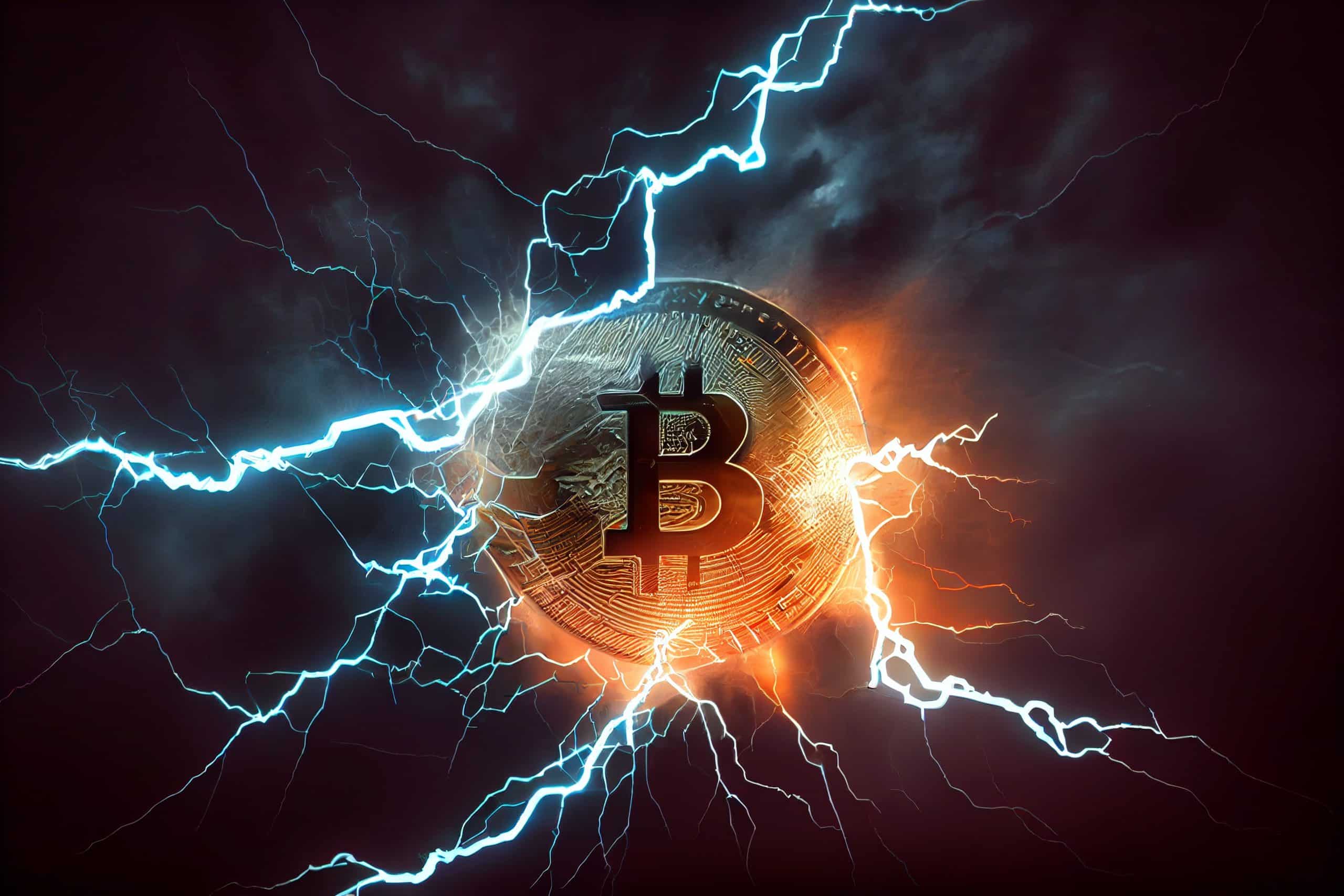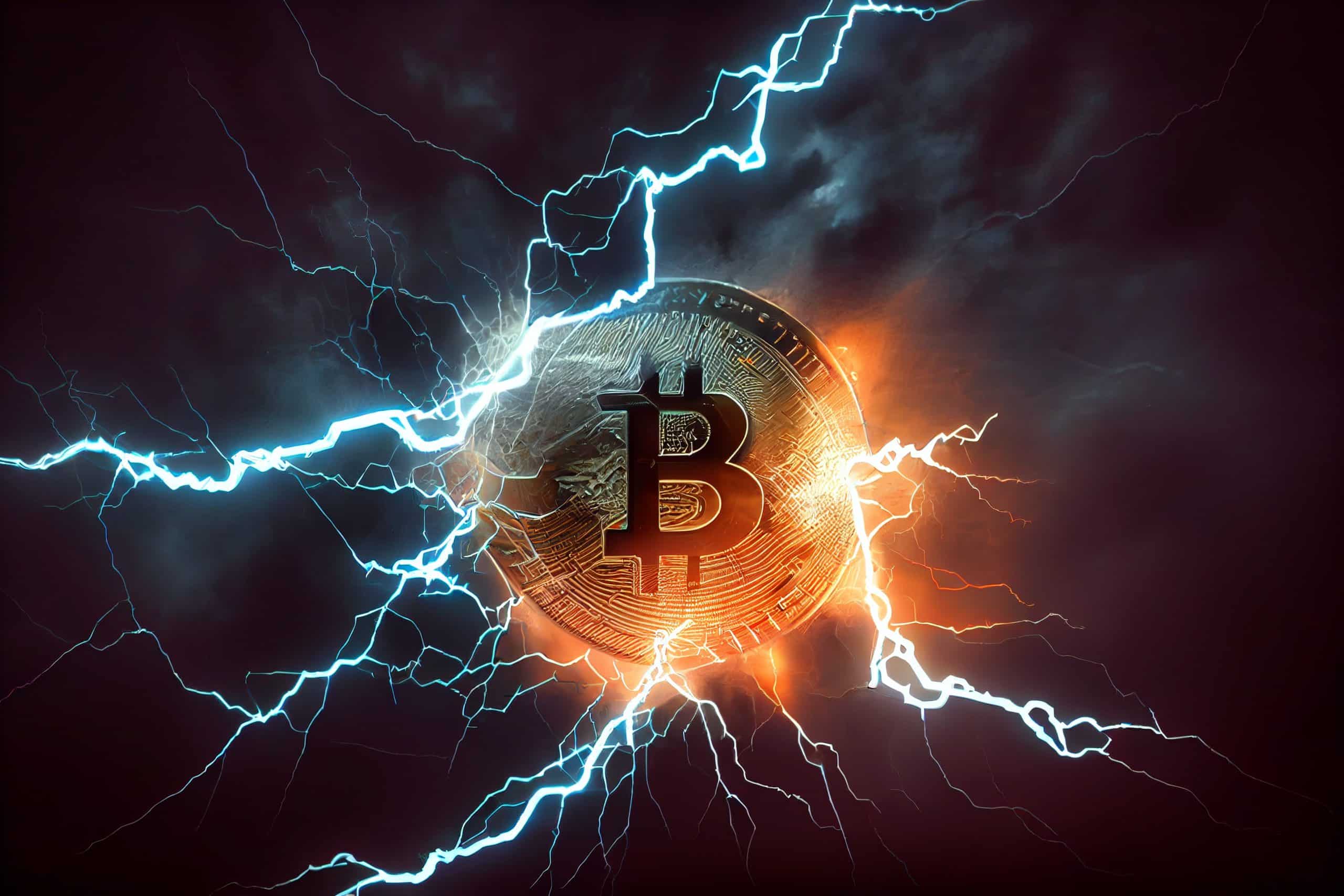Bitcoin Core v26.0 Released, v27 Could Terminate Bitcoin Ordinals
Last updated: December 13, 2023 05:43 EST
. 3 min read


The latest major release of the Bitcoin Core software, version 26.0, is now available. The upgrade includes changes that will improve network connectivity and syncing speed for nodes. Bitcoin developers have indicated that the next release, v27, may put an end to the controversial Bitcoin Ordinals, however.
Bitcoin Core v26.0 Released With Improvements to Networking and Syncing
The v26.0 update comes with several optimizations that improve networking connectivity and initial blockchain syncing speeds for nodes.
Key features in Bitcoin Core v26.0 include preliminary support for a new network data transport protocol, increased resilience against eclipse attacks, faster node bootstrapping with UTXO snapshots, and a variety of RPC (Remote Procedure Calls) enhancements.
The new transport protocol referred to as v2 is opt-in for now but allows upgraded nodes to take advantage of better peer connectivity if both parties have v2 enabled. The default legacy protocol is still fully supported.
Bitcoin Core v26.0 also helps nodes stay connected to multiple networks simultaneously, preventing isolation and eclipse attacks where peers are unable to maintain diverse connections.
One of the biggest additions in this release is loadtxoutset RPC which can utilize UTXO snapshots to bootstrap a node in minutes instead of hours. This brings usable nodes online instantly rather than waiting for full sync.
Additionally, several RPCs have been added or updated including getchainstates to monitor sync progress and improved Taproot support for certain wallet functions.
Bitcoin Ordinals Could Cease with Coming Bitcoin Core v27
Bitcoin Ordinals are satoshis (the smallest unit of Bitcoin) that have been digitally inscribed with text or an image to make them unique collectibles — essentially Bitcoin-based NFTs.
They were introduced in January 2023 by Casey Rodarmor but have become controversial due to aggregating large amounts of data on the Bitcoin blockchain, which is meant for financial transactions.
While Bitcoin Core v26.0 does not directly address the ongoing issues with Bitcoin Ordinals, developers have hinted that the next major release, v27, will include changes that disable critical functionality needed for new Ordinals to be created.
PSA: “Inscriptions” are exploiting a vulnerability in #Bitcoin Core to spam the blockchain. Bitcoin Core has, since 2013, allowed users to set a limit on the size of extra data in transactions they relay or mine (`-datacarriersize`). By obfuscating their data as program code,…
— Luke Dashjr (@LukeDashjr) December 6, 2023
Luke Dashjr, Founder of OCEAN mining pool and Bitcoin Core contributor, explained that the method used for making Ordinals takes advantage of a vulnerability that was recently patched in the Bitcoin Core fork Bitcoin Knots.
Dashjr explained the vulnerability allowed Ordinals to bypass the code’s limits on extra data in transactions by obfuscating inscription data as program code.
Dashjr has been a vocal critic of Ordinals since their introduction, stating they are spamming the blockchain and causing damage to the network. The recent resurgence in Ordinal activity has congested the network and driven up average transaction fees on Bitcoin by more than 1000%.

The pending update in Bitcoin Core v27 fixes this vulnerability, which would prevent new Ordinals from being minted. Existing Ordinals would remain on the blockchain, however.
Other developers have defended the experiment as an unintended, but interesting emergent phenomenon, while still acknowledging the technical issues.
Regardless, most experts agree that the Ordinal frenzy revealed the need for proactive measures to manage blockchain growth and congestion. Though Bitcoin is decentralized, decisions like disabling Ordinals highlight the ability for coordinated updates to nudge the ecosystem in a certain direction.
The Bitcoin Core project has a responsibility to maintain Bitcoin as sound money for the world. This requires balancing the stability and reliability of the network with openness to new ideas, even controversial ones. The v26 and v27 updates seek to strike that balance with minimal disruption to users of Bitcoin for payments, trading, and investment.




